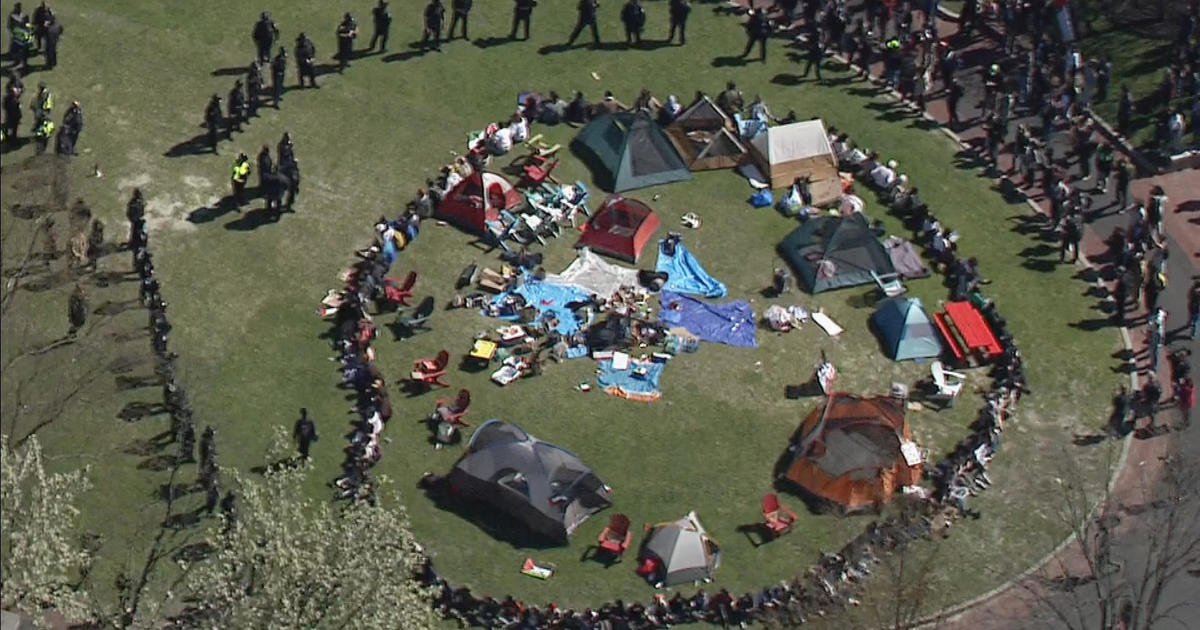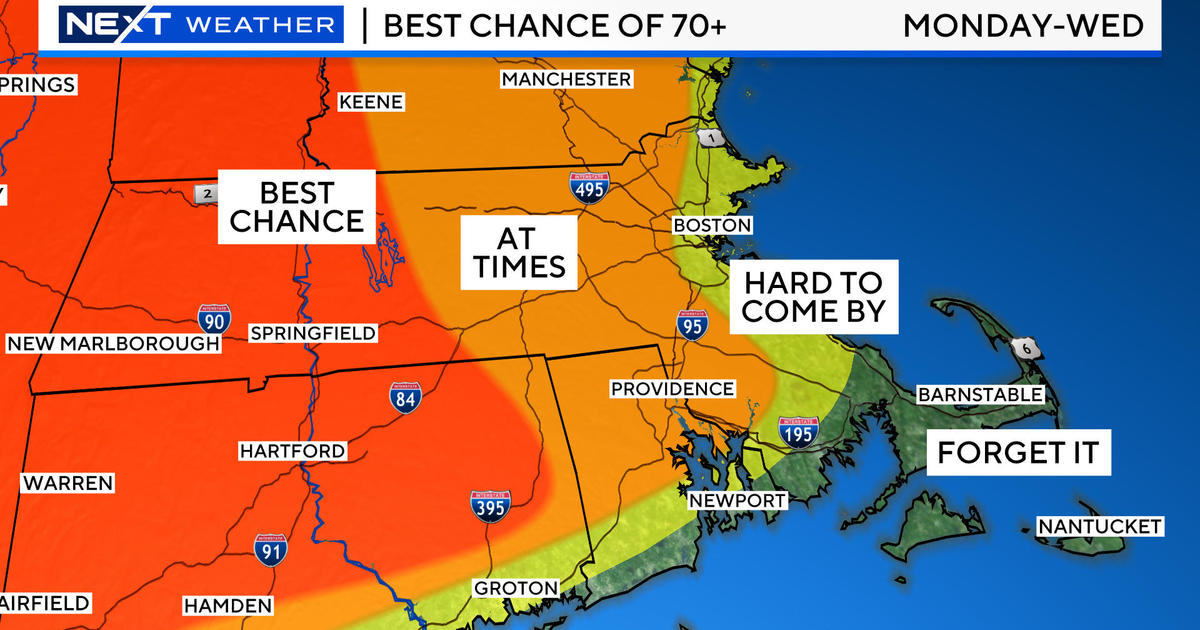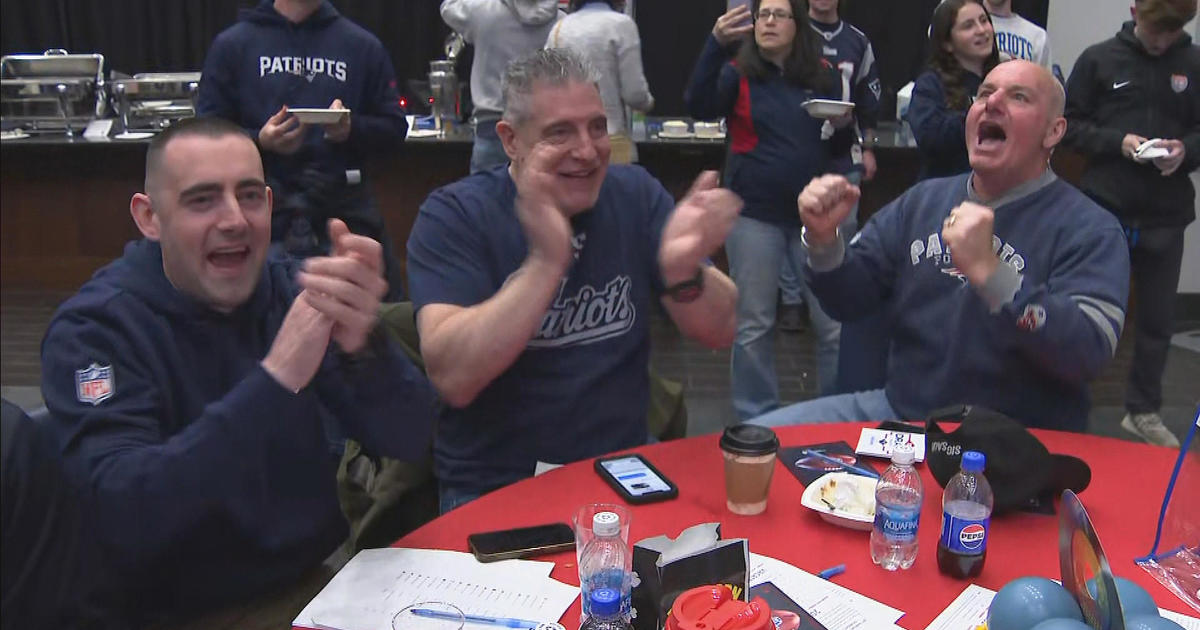Keller @ Large: Trust In Government Matters More During Coronavirus Outbreak
BOSTON (CBS) -- Trust matters. Without it, marriages are destroyed, friendships ruined, businesses go bust.
Government is no different. The powers we grant it and our obedience to its dictates depend on at least a baseline of trust between the governors and the governed.
That's especially true when government asks us to take highly unappealing actions – self-isolation, shutting down commerce, risking our livelihoods. It's moments like this that test the depth of the public sector's rainy-day trust fund.
We'll see how Massachusetts voters react to Gov. Charlie Baker's new stay-at-home edict. His recent unilateral ban on the sale of vaping products stirred up some backlash but didn't seem to do lasting political harm; years of building trust and confidence seem to have paid off for Baker.
And according to a Gallup poll published on March 20, America enters the worst of the pandemic in decent shape trust-wise.
Asked if they "trust medical and health advice that the government of your country gives," 59 percent of us said trust it "a lot/some," 29 percent said, "not much/not at all." France, Germany, Italy, Spain and the UK all had better splits, but 59 percent is still a healthy majority. But contrary to the perception that younger people are less open to the official warnings, Gallup found that those aged 15-29 were nine percent more likely to trust the government than those over fifty.
Add to that picture the findings of a statewide MassINC Polling Group survey taken for Blue Cross/Blue Shield of Massachusetts.
The survey was taken March 16-19, just as President Trump banged a U-turn from weeks of virus dismissiveness and denial. And it found that 88 percent of us were taking the threat at least "somewhat" seriously, with 58% calling it "very serious."
But in a survey with a margin of error of four percent (higher for demographic subsets), only 48 percent of Massachusetts Republicans said they take it "very seriously," lagging behind Democrats by 22 points. Asked if the response by local authorities has "gone too far," fifteen percent of men, and 18 percent of non-college voters said it had.
The pollsters at Gallup and MassINC didn't ask these disbelievers who they voted for in 2016, but you can connect the dots: older, conservative men with a high-school education or less.
When it comes to trust, the fish rots from the head.
It came as no surprise to followers of Mr. Trump's career that he thinks of trust strictly as a tax-avoidance instrument. And after three-plus years of hyper-aggressive lying from the White House, it's also unsurprising – but still appalling – that voters find him less trustworthy than his crooked former factotum, Michael Cohen.
But it's not the Trump skeptics at most risk of being harmed by his credibility problems. The damage done by the president's early denial about the coronavirus, a stream of falsehoods and evasions aimed at pretending the onrushing crisis was neither onrushing or a crisis, is more likely to be seen among his camp followers.
This is not the first time we've seen their impulse to "own the libs" by reflexively closing ranks behind the president's spin. But as the hospital wards fill up it's looking more like a colossal self-own. Seventeen percent of Republicans tell MassINC they haven't washed hands more than usual; 19 percent haven't avoided handshakes and hugs.
When the White House suddenly needed to tap its trust reserves, it turns out a few Bitcoins and some Theranos stock were all that was in the account.
Bad news for the unserious handshakers who wind up in the hospital, and the others they may infect along the way. And tough sledding ahead for the president, who may find it impossible to get a fresh line of credit.



